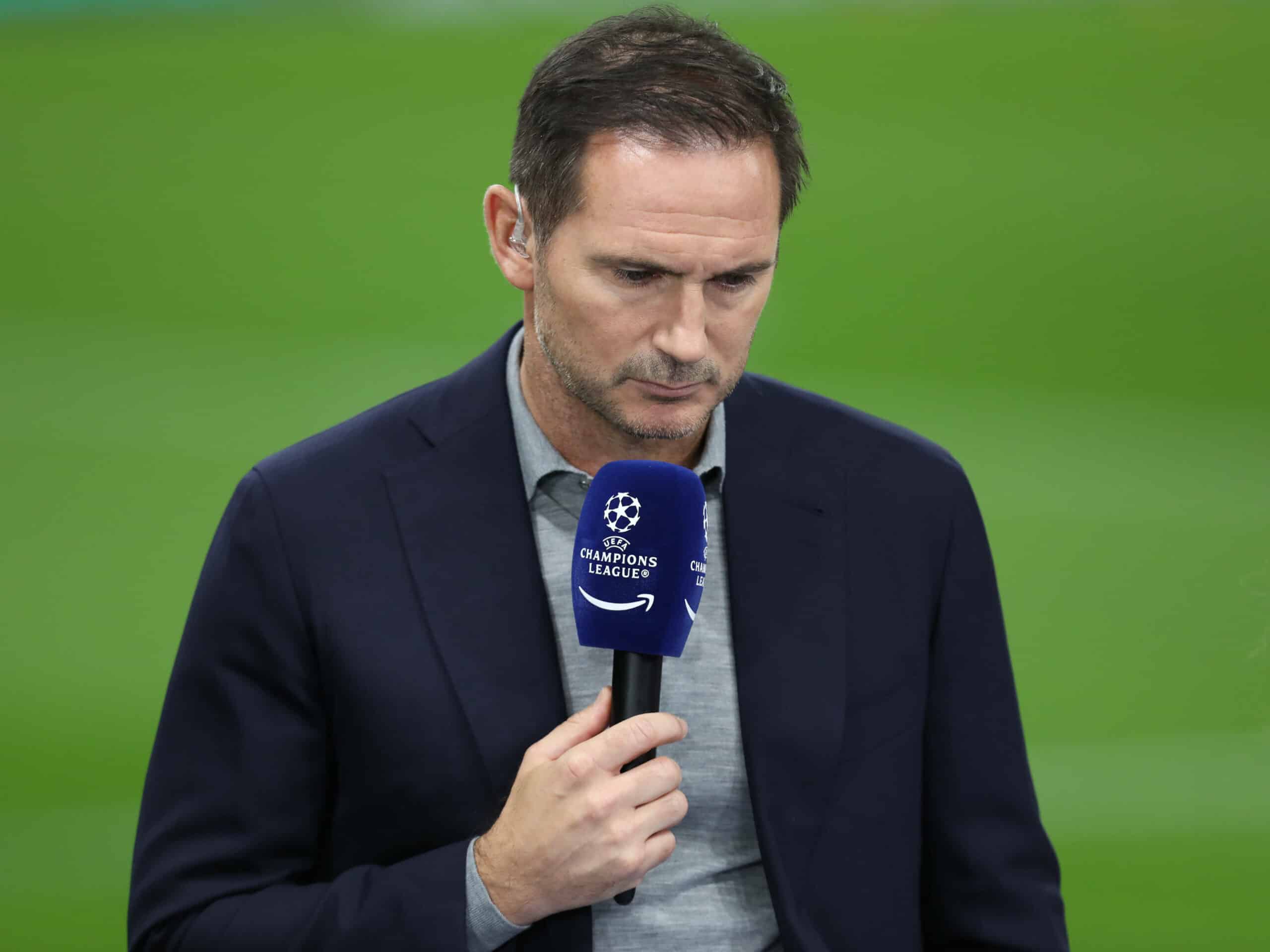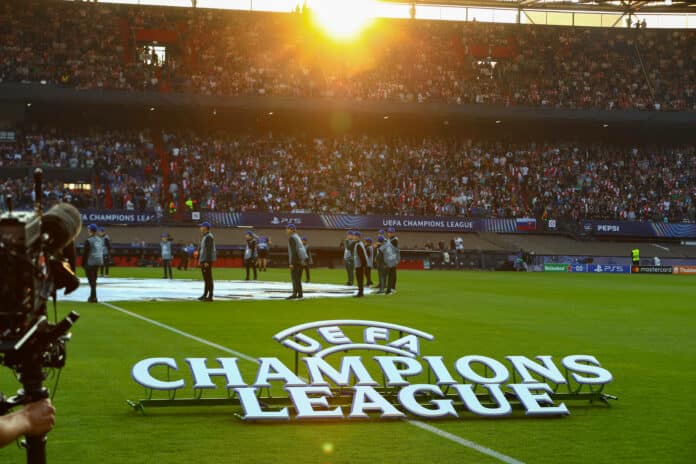Changing Face of Champions League Coverage: Amazon Prime, BBC Sport, and TNT
As the Champions League embarks on its new format this season, the conversation has been dominated by change. More teams, more games, and a heightened sense of grandeur surround the competition. However, for many, the core of the Champions League remains the television coverage, which plays a pivotal role in how the tournament is experienced by millions across the globe. This season, the broadcasting landscape is a blend of the old and new, with different networks bringing their own flavour to the tournament. From Amazon Prime to BBC Sport and TNT, the coverage may vary, but the stakes remain the same: delivering world-class football to an expectant audience.
TNT: Familiar Faces, but Missed Opportunities
TNT’s Champions League coverage began with a reassuring sense of familiarity. Rio Ferdinand brought his usual intensity to the table, Peter Crouch lightened the mood with his trademark goofiness, and Ally McCoist balanced genuine insight with a sense of approachability. For a viewer settling into a match, these personalities offer comfort, even if their dynamic doesn’t always appeal to everyone. As The Athletic notes, “It’s all very chummy and… there are enough personalities involved that you do like to balance out the ones you don’t.”
However, while the live match coverage felt cohesive and familiar, TNT’s Goals Show fell short. Once a beloved way to catch up with all the action, it has now shifted in format, with more focus on presenters and pundits. Previously, the show was driven by a light touch, where goals and analysis took centre stage. Now, the show feels more cluttered, with roving reporters and famous faces sometimes distracting from the actual football. It’s an example of how not all changes lead to improvement.
CBS: Delivering the Gold Standard in the US
Across the Atlantic, CBS continues to set the benchmark for Champions League coverage. As highlighted by The Athletic, CBS has built a popular dynamic between its core team of presenters, including Micah Richards, Jamie Carragher, and Thierry Henry. The chemistry between these figures, combined with David Beckham’s watchalong show, has helped CBS establish itself as the go-to for Champions League football in the United States.
While the line-up for smaller fixtures may not always feature the headline names, as seen in the Young Boys vs Aston Villa match, the coverage remains solid, if unspectacular. For these fixtures, CBS deploys a second tier of presenters and pundits, who are well-prepared and professional but lack the star power of the main team. It’s a reminder that not every match will receive the same level of attention, even in a competition as prestigious as the Champions League.

Amazon Prime: Power in Numbers or Overkill?
Amazon Prime’s foray into Champions League coverage mirrors its approach to the Premier League: limited but substantial. For now, they only have the rights to broadcast one match per week, a cautious but sensible entry into the market. Their coverage began with AC Milan vs Liverpool, and the sheer number of people involved in the broadcast was notable. As The Athletic put it, “Is 10 people to cover a single game… overkill?”
Gabby Logan led a team of pundits and analysts, including Frank Lampard, Daniel Sturridge, Clarence Seedorf, and Alan Shearer, ensuring a star-studded line-up for their first broadcast. While the presence of these personalities added gravitas, one wonders whether Amazon’s approach risks feeling excessive for such limited coverage. Nonetheless, the quality of the analysis was strong, and the network delivered a polished broadcast, setting a high standard for the rest of the season.
BBC Sport: Champions League with a Match of the Day Twist
The BBC’s return to Champions League coverage after a long hiatus has been welcomed, especially with free-to-air football becoming increasingly rare in the UK. The new MOTD: Champions League aims to offer a blend of the familiar Match of the Day format with the spectacle of Europe’s premier club competition. The presentation is sleek, with the Champions League stars and anthem creating a recognisable backdrop for viewers.
However, the choice of in-studio line-up was somewhat surprising. Stephen Warnock, Joe Hart, and broadcaster Julien Laurens aren’t necessarily the names you would associate with such a high-profile competition, though they delivered solid, if unspectacular, analysis. Hart’s light-hearted comment after analysing a goalkeeping error—”who’d be a goalkeeper?”—summed up the more relaxed tone of the show.
As with all highlights programmes, one might question the relevance of such a show in an era when fans can watch highlights online within minutes of full-time. Yet, there is still something reassuring about the BBC’s traditional approach. Ultimately, the presence of more free-to-air football is something that should be welcomed by all football fans, even if the format occasionally feels a little dated.

